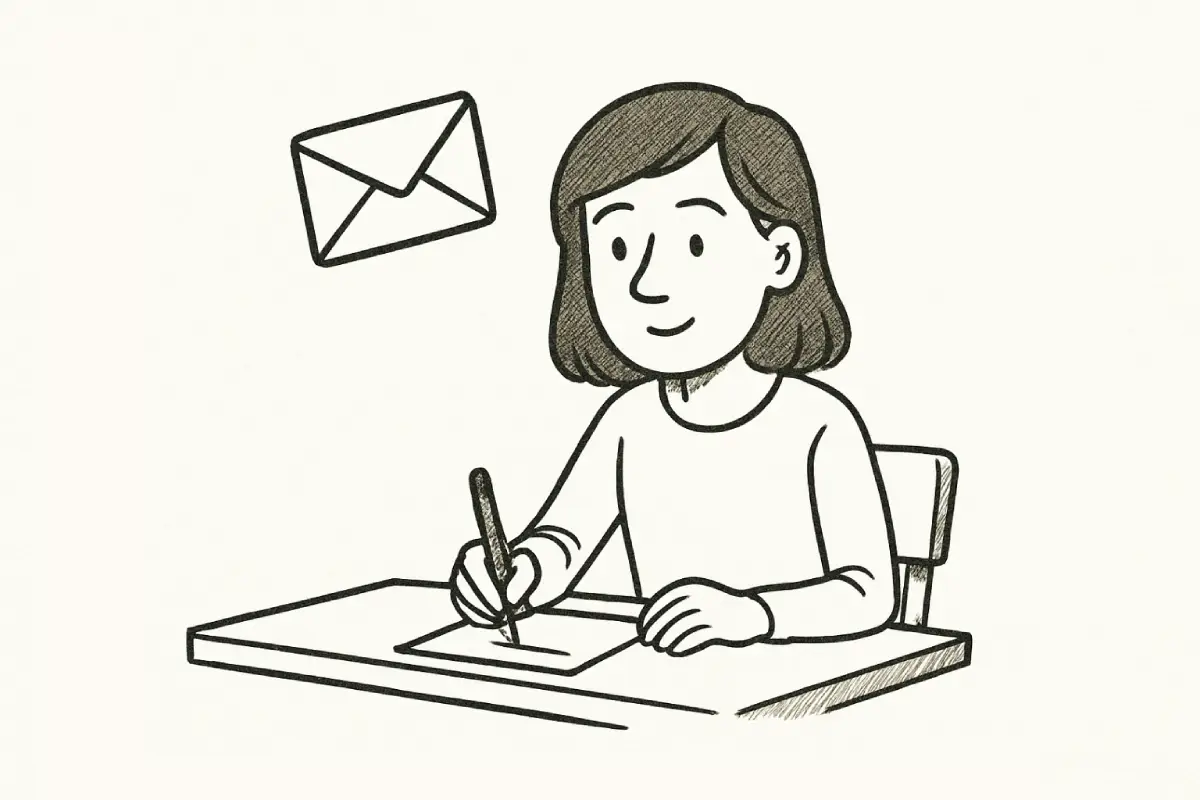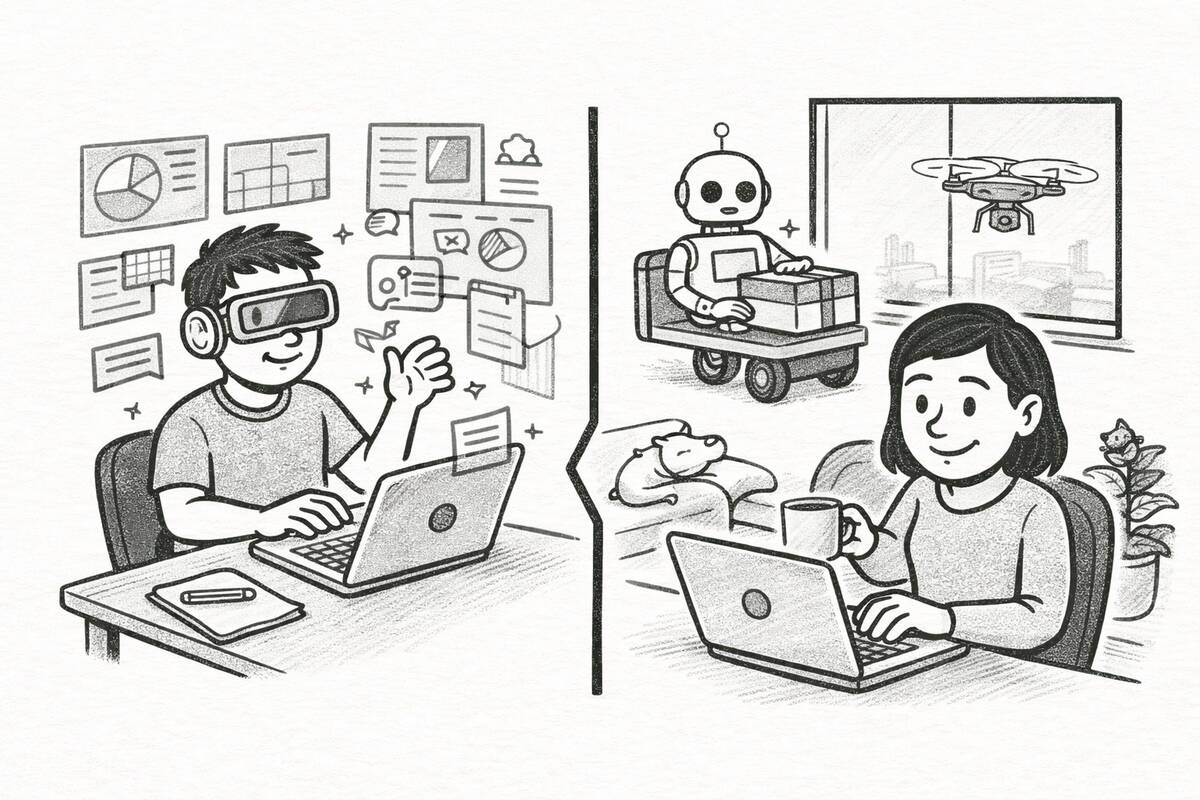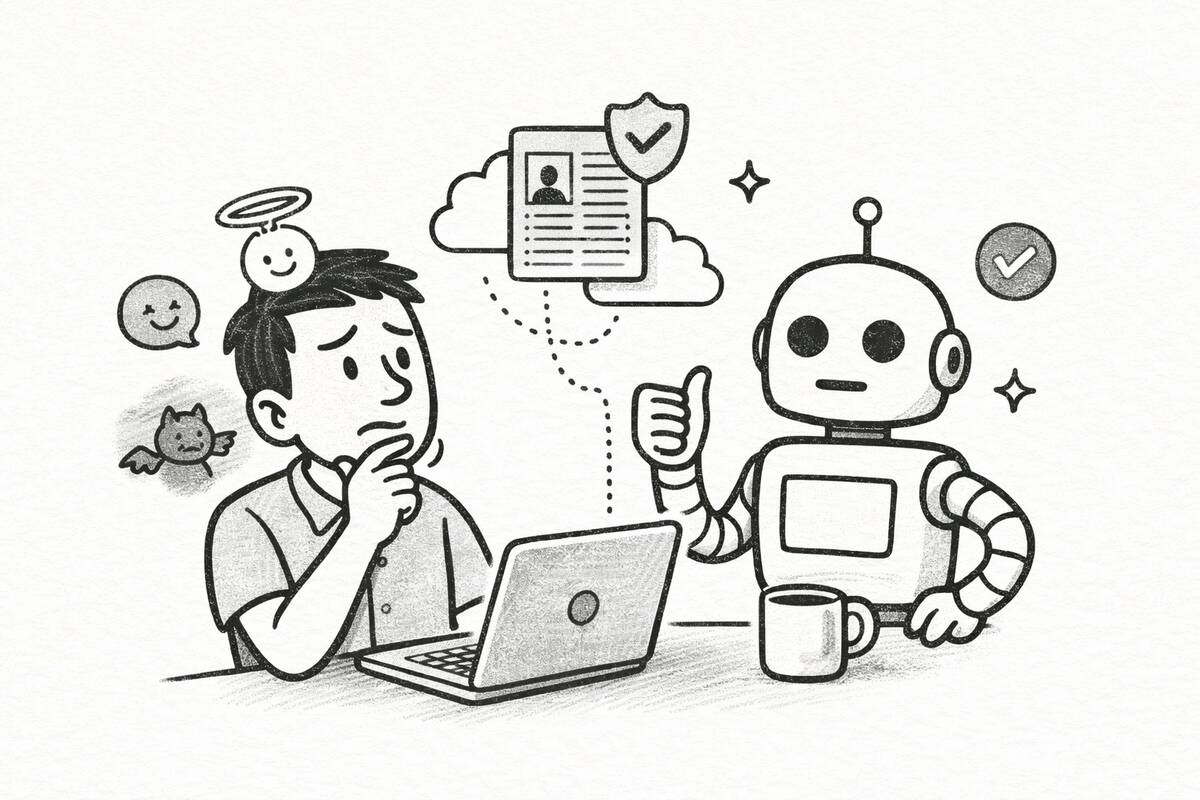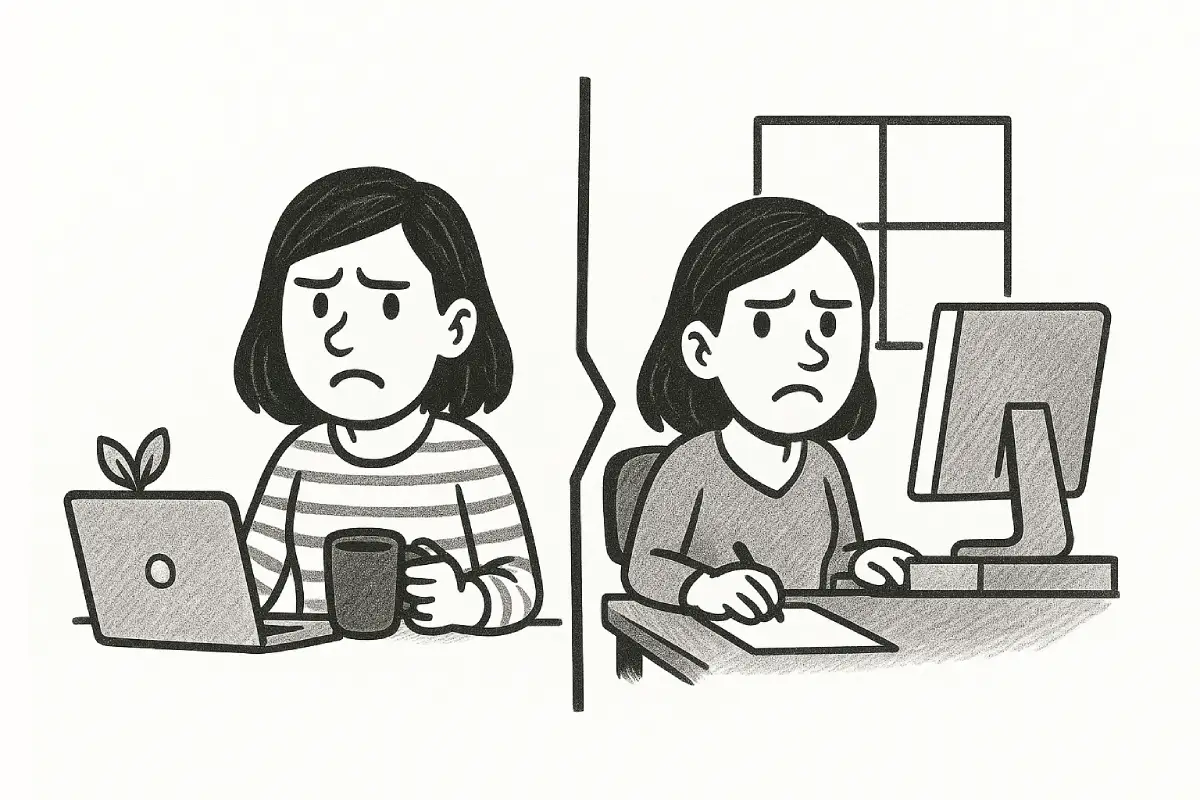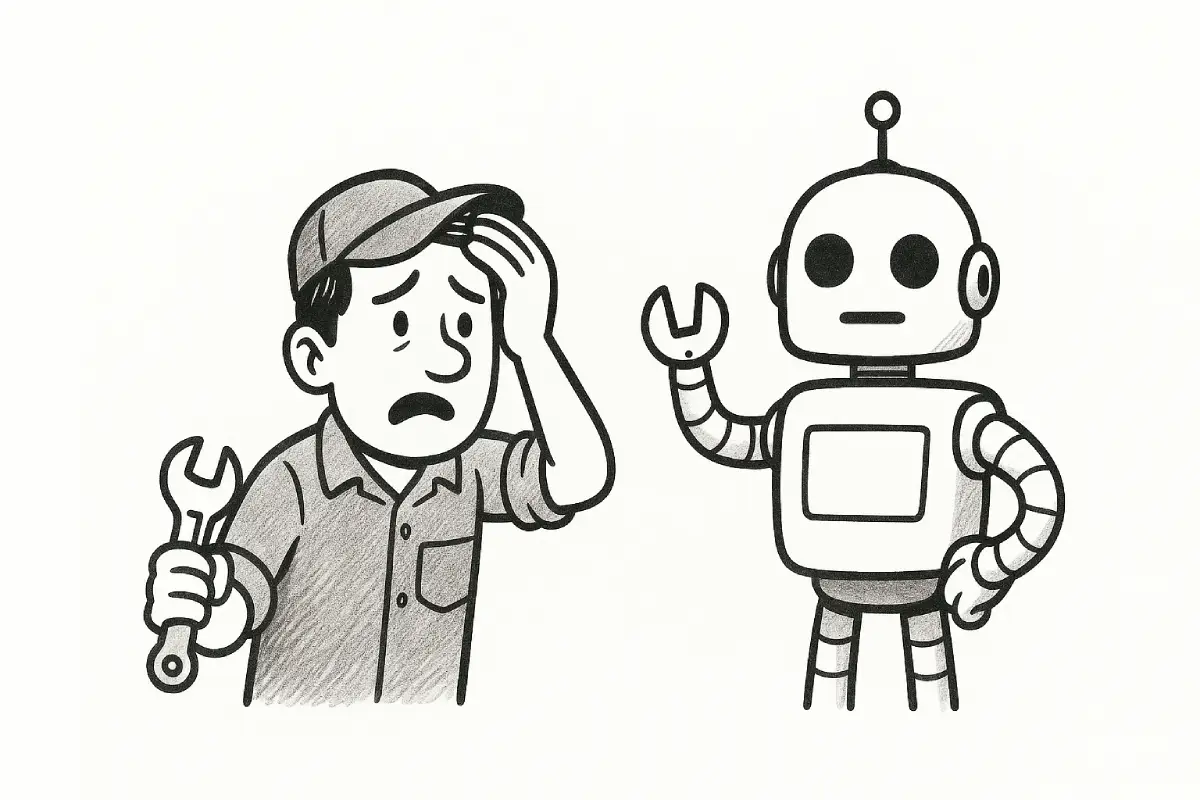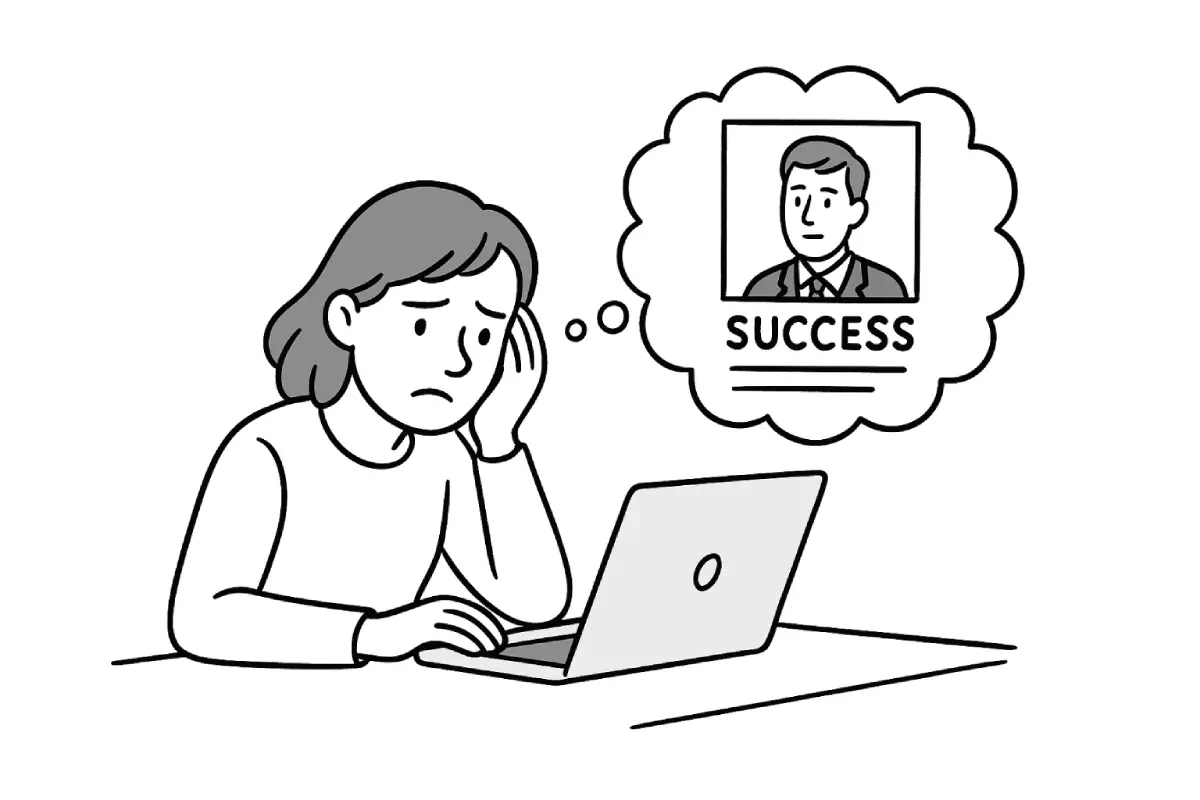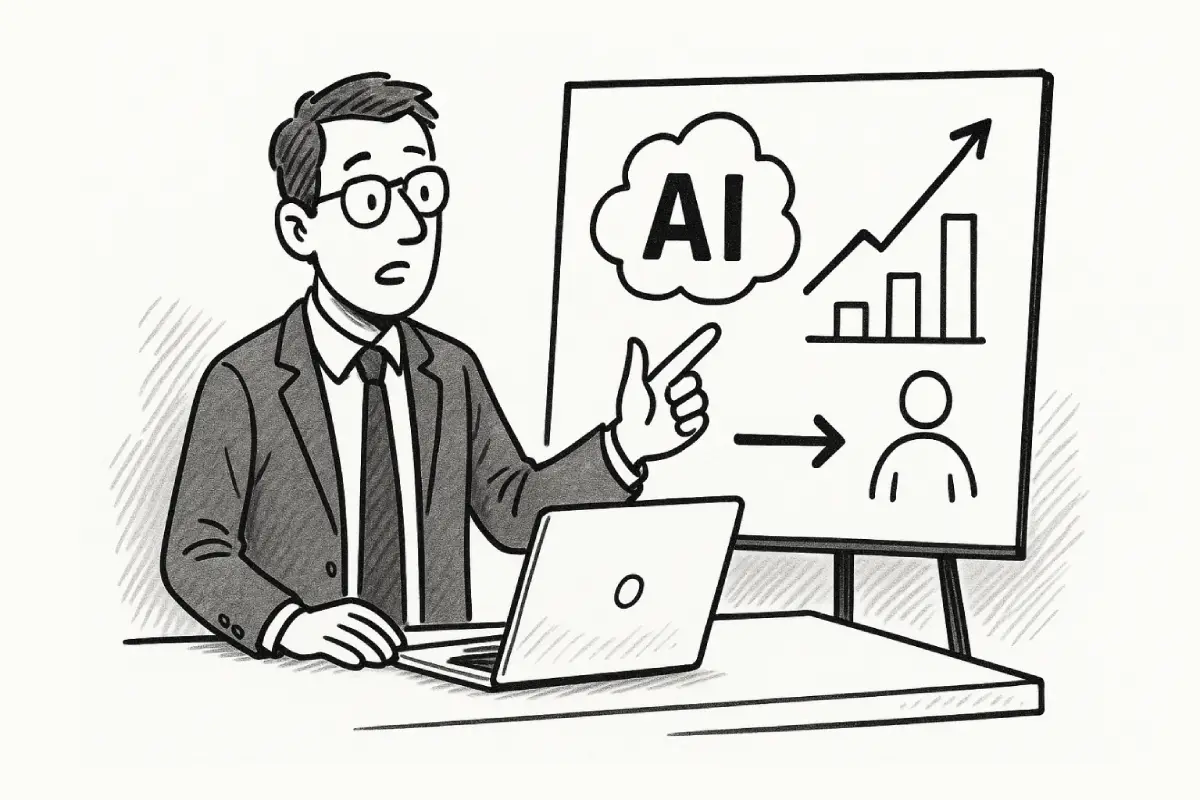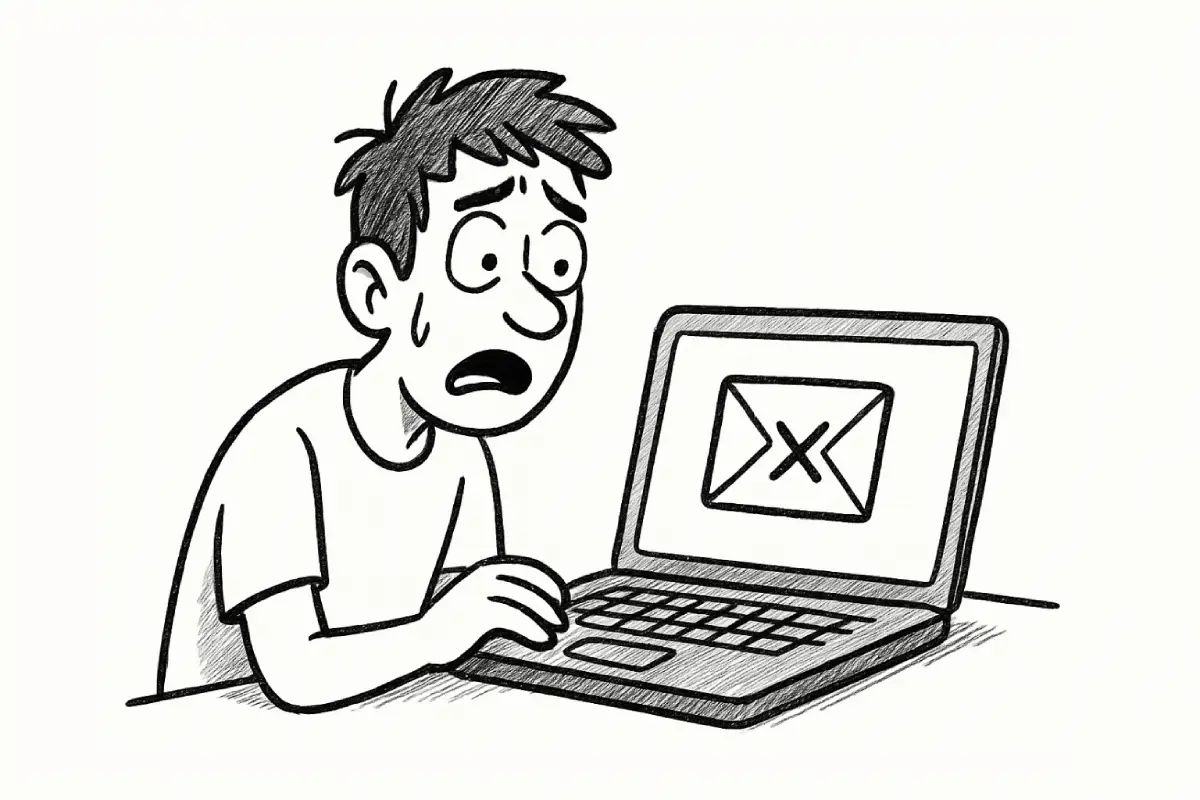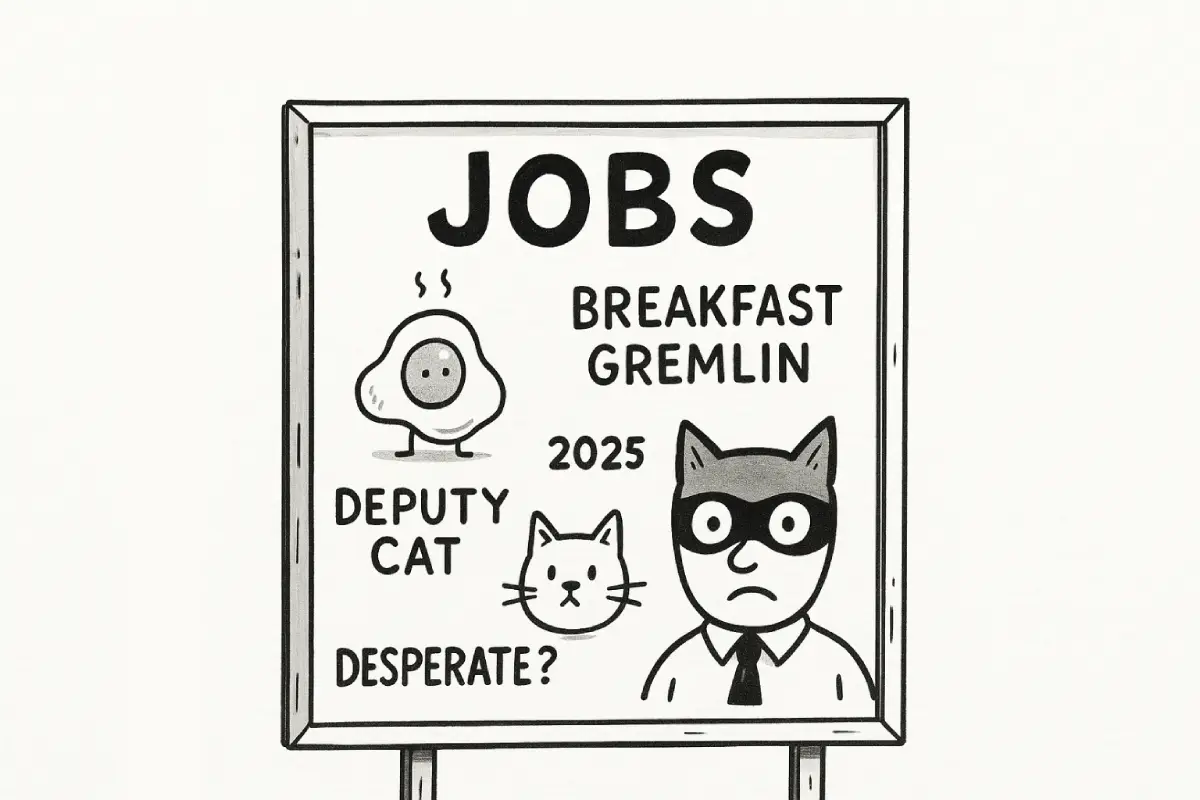Honestly, I’ve heard that tired refrain for the better part of a decade. Every year, some new hiring guru or LinkedInfluencer pops up on my feed, all slick graphics and bold pronouncements, declaring the final, wheezing death rattle of the humble cover letter. They say it’s a relic. An anachronism. A horse and buggy in the age of self-driving Ubers. And you know what? Sometimes, they’re right.
A lot of the time, they are.
Think about it from the other side of the desk for a second. You’re a recruiter. It’s Tuesday. You’ve already mainlined two cups of coffee, and the caffeine is barely making a dent. You’ve got 347 applications for a single Junior Marketing Associate role. Three hundred and forty-seven. The Applicant Tracking System (ATS)—that soulless robot gatekeeper—has already filtered out a third of them for not having the right keywords. You’re left with a mountain of PDFs. Are you really going to read two pages of fawning prose from every single candidate?
Probably not. I wouldn’t. You wouldn’t. It’s just not feasible. The clock is ticking.
The Case for the Prosecution: Why We All Hate Writing Them
Nobody, and I mean nobody, enjoys writing a cover letter. It’s a uniquely painful form of creative writing where the stakes feel impossibly high and the rules are infuriatingly vague. It’s like trying to write a love letter to a stranger who you know is also receiving love letters from 346 other people. It’s awkward. It feels disingenuous.
You end up falling back on the same old tired tropes:
“I am writing to express my keen interest in the [Job Title] position I saw advertised on [Platform]. With my [Number] years of experience in [Industry], I am confident that my skills in [Skill #1], [Skill #2], and the ever-important [Skill #3] make me a strong candidate for this exciting opportunity.”
Shoot me now. That paragraph just put me to sleep, and I wrote it. It’s corporate word salad. It’s the textual equivalent of a beige cubicle wall. It has zero personality. Zero. And that’s the kind of letter that gets, at best, a two-second skim before the reader clicks over to the resume to see what you’ve actually done.
This is the stuff that fuels the “cover letters are dead” fire. These template-driven, buzzword-stuffed documents are, in fact, completely and utterly useless. They are a waste of your time to write and a waste of a recruiter’s time to ignore. The data often backs this up; a 2023 survey I stumbled upon suggested that a significant chunk of recruiters don’t even open the cover letter file. It’s just… there. A formality.
So, case closed? Burn the cover letter, salt the earth, and never speak of it again?
Not so fast.
The Defense: A Secret Handshake for the People Who Care
Here’s the thing. The argument that cover letters are dead assumes that every hiring process is a high-volume, machine-driven meat grinder. And for a lot of massive corporations, it is. If you’re applying to be one of 5,000 new hires at some global behemoth, your cover letter is probably screaming into the void.
But what about the other jobs?
What about the role at the 50-person design agency where culture is everything? Or the non-profit that’s looking for someone who genuinely, passionately believes in their mission? What about the startup where you’ll be working directly with the founder, and they need to know you’re not a sociopath?
These are the places where the cover letter isn’t just alive; it’s critical. It’s your one and only shot—your only shot—to be a human being before you’re a list of bullet points.
The resume tells them what you did. The cover letter can tell them who you are.
Think of it this way. The resume is the black-and-white technical schematic of a car. It shows the engine size, the torque, the manufacturing date. The cover letter is the test drive. It’s the feeling of the engine rumbling, the sound of the door closing with a satisfying thunk, the way it handles a tight corner. It’s the experience. One is data; the other is personality.
A few years back, I was hiring for a writing position. The applications were, for the most part, a blur of sameness. Then I got one that started like this:
“Before you read my resume, you should know that I once spent an entire afternoon arguing with a client that the plural of ‘octopus’ should be ‘octopodes’ for etymological reasons. I lost the argument, but I like to think I won the moral victory. That’s the kind of writer I am.”
I hired her.
Did her resume have all the right keywords? Yep. Was her experience solid? Absolutely. But a dozen other candidates had that. What they didn’t have was that hook. That flash of humor and nerdy passion that told me more about her fit for our quirky team than a list of past job duties ever could. She wasn’t just a “content creator”; she was a person. A person who cared about words. That’s what we needed.
So, How Do You Write One That Doesn’t Suck in 2025?
Alright, so if we accept that the cover letter isn’t completely dead, but merely mostly dead (which, as we know from The Princess Bride, is slightly alive), the question becomes: how do you write the kind of letter that actually gets read? The kind that makes someone like me sit up and say, “Okay, let’s talk to this one.”
It’s about breaking all those rules they taught you in that college career-prep seminar.
1. Forget the Formalities (Mostly).
Ditch “To Whom It May Concern.” It’s the 21st century. Do some digging. Find a name. A real human name. LinkedIn is right there. It takes five minutes. If you can’t find a specific hiring manager, address it to the head of the department. “Dear [Department] Hiring Team” is infinitely better than the alternative. It shows you spent at least a little bit of energy.
2. Your First Sentence is Everything.
Do not—I repeat, DO NOT—start with “I am writing to apply for…” They know. They have your resume. They know what job you’re applying for. Your opening sentence has one job: to make them want to read the second sentence. That’s it. Start with a story. A bold claim. A question. Anything but the boilerplate.
- “I’ve been using your software since the beta, and I’ve always been bothered by the placement of the export button.”
- “My obsession with sustainable packaging started when I was ten and tried to build a functioning boat out of milk cartons.”
- “You’re looking for a project manager who can handle chaos. Let me tell you about the time I organized a three-day music festival during a freak snowstorm in May.”
See? You want to know more. It’s human nature.
3. It’s Not About You, It’s About Them.
This is the single biggest mistake people make. They write a whole letter that’s just a prose version of their resume. Me, me, me. I did this. I achieved that. I am skilled in this.
Nobody cares.
They care about their problems. Their goals. Their needs. Your job in the cover letter is to connect your experience directly to their problems. Don’t just say you’re a great marketer. Find their latest marketing campaign, talk about what you liked about it, and suggest—briefly—how your skills could have made it even better or how you could contribute to the next one. This shows you’ve done your homework. It’s probably the most important thing. Seriously, this simple shift in perspective from “here’s what I’ve done” to “here’s what I can do for you” is a total game-changer.
4. Keep it Short. For the Love of God, Keep it Short.
Three paragraphs. Four, max. That’s it. A hook, a paragraph connecting your skills to their needs, and a confident closing. Anything more is self-indulgent. Respect their time. Make every word count.
The Verdict: A Tool for the Discerning
So, do cover letters still matter in 2025?
It depends.
It’s a boring answer, I know. But it’s the truth. For a huge swath of the job market, they are indeed a formality at best, a ghost. But for the roles that require creativity, personality, and a genuine connection to the company’s mission—they are not only relevant, but they might just be the most important part of your application.
The cover letter has evolved. It’s no longer a stuffy, formal document. It’s a strategic tool. It’s a tie-breaker. It’s a personality test. It’s your chance to prove you’re not a robot, especially now that—let’s be honest—many people are probably using AI to write their first drafts. A letter that bleeds personality and genuine, specific enthusiasm is a powerful antidote to that. It’s a signal that you’re a high-intent candidate, not just another resume-blaster playing a numbers game. As hiring continues to evolve, with a greater emphasis on soft skills and cultural fit, this kind of signal is becoming more and more valuable.
So, don’t write a cover letter because you have to. Write one because you want to. Write one when you’re so genuinely excited about a job that you can’t help but tell them why.
If you can’t muster that enthusiasm? Maybe that’s a sign. A sign that this isn’t the right job for you. And in that case, you can just skip it. Because a bad, generic cover letter is, and always will be, worse than no cover letter at all.
You might also like: Do U.S. Workers Really Have the Right to Unionize? The Facts vs. Reality
